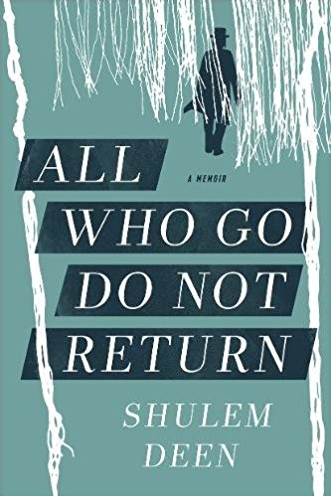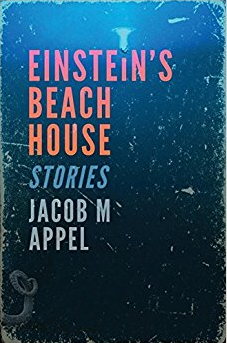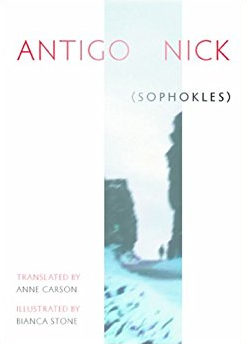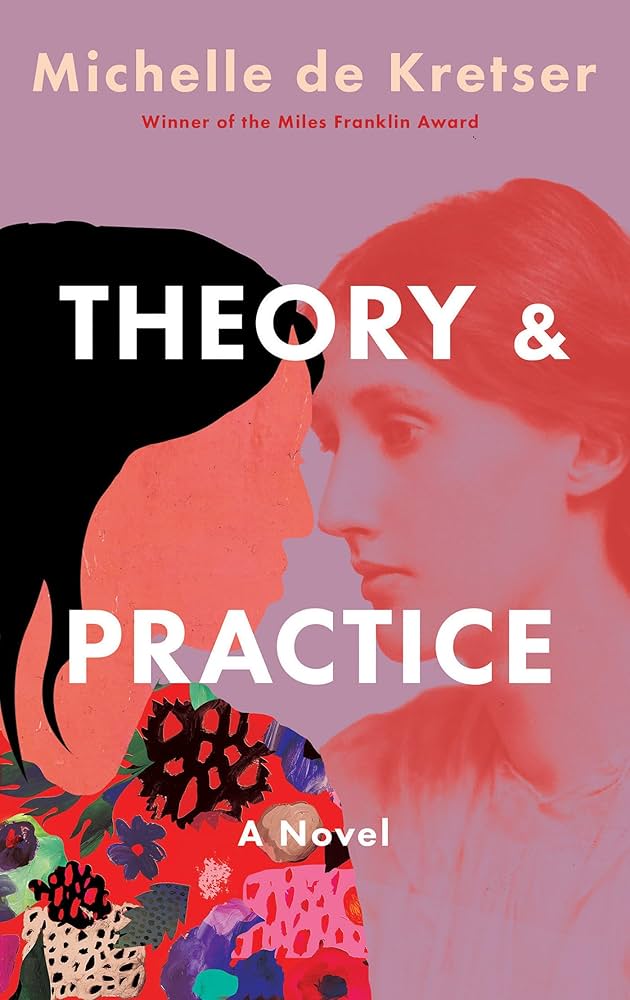Einstein’s Beach House by Jacob M. Appel
Recommended by Kelly Fordon (Book Reviewer):
The eight stories in Einstein’s Beach House are both delightfully strange (picture depressed hedgehogs and imaginary friends whose family members suddenly materialize) and deeply moving. My favorite one, “Hue and Cry,” pits a father dying of a rare form of encephalitis against a vigilante who is attempting to drive a sex offender out of the neighborhood. The plot itself is compelling, but it’s the detailed rendering of the father’s decline from outraged patriarch—a character vigorous enough to take on a fanatic—to a listless man in a wheelchair too weak to be a parent at all that really impressed me as a reader. Appel has won numerous awards and has been published in more than two hundred literary journals and for good reason. Each story in this collection feels cathartic in the George Saunders sense of the word, with equal parts laughter, angst, pathos and pure joy.
All Who Go Do Not Return by Shulem Deen
Recommended by Julia Lichtblau (Book Reviews Editor):
Anyone interested in the problematic coexistence of communities of extreme religious beliefs within democracy will find Shulem Deen’s memoir, All Who Go Do Not Return, instructive, troubling, and timely. It begins with his expulsion for heresy from the Skverer Chasidic village of New Square, N.Y., then traces his journey to non-belief, divorce, and severance from his five children, a communal punishment local family courts were either powerless or unwilling to contravene. Particularly interesting is Deen’s description of the Chasidic economy, which depends on Jewish charities and government assistance, because men devote themselves to Torah study. Jobs in New Square’s schools pay in vouchers redeemable at Chasidic businesses, not dollars. To support their enormous families, young men are forced to seek work outside, but lack skills, English, or the most rudimentary knowledge of the world. As his wife’s first pregnancy advances, Deen finds the courage to ask where the baby comes out: “‘I don’t know,’ Gitty said. ‘I wondered about it myself. …You don’t think it requires surgery, do you?’” An astonishing confession, all the more so because Deen’s parents were secular Jews who became Chasidim as adults.
Antigonick by Anne Carson
Recommended by Aleksandra Burshteyn (Editorial Assistant):
I devoured Anne Carson’s Antigonick in a single sitting this summer. It is compulsively readable, which isn’t something one can often say of Greek tragedy. With a Kreon who seeks to dominate not only his polis but language itself (“here are Kreon’s nouns: MEN / REASON / TREASON / DEATH / SHIP OF STATE / MINE. Chorus: mine isn’t a noun Kreon: It is if you capitalize it”) and a wordless Nick, who wanders the stage weighting things, Carson manages to turn a play as well known and oft-interpreted as Antigone on its ear. Whether you read the slim, traditionally printed volume or the tome containing text blocks hand-inked onto the page and Bianca Stone’s hauntingly beautiful illustrations on translucent vellum pages, you won’t be disappointed.
Diaspo/Renga by Marilyn Hacker and Deema K Shehabi
Recommended by Zeina Hashem Beck (Poetry Contributor, Issue 07):
In Diaspo/Renga, Marilyn Hacker and Deema K Shehabi weave a beautiful and heartbreaking poetic conversation in alternating Renga, one that reads like a long poem about homes: the ones we lose, the ones we return to, the ones we carry, the ones we recreate. The poems tell stories of exile, war, and loss, without ever letting go of day-to-day details, like someone singing Frank Sinatra, and someone else watching videos of Grease between blackouts. The poems don’t let go of the possibility of love either: “Does love survive in the camps?” one persona asks. The almost-instant leaps from one place to the other (Gaza, Damascus, Mosul, Paris, Houston, Kuwait, Jerusalem, Cleveland etc.) are captivating. One Cherokee poet “Calls out, Oh outspread Indian nation/ Let’s braid our hair/ with the pulverized/gravel of Palestine.” Thus, the poems make connections and draw bridges, without, however, “mistranslate[ing] [hurt] into a single language,/ a single landscape of loss.” Throughout the book, Arabic words, songs, and poetry, remind us that the displaced always exist between the mother land/language and the adopted land/language: a man’s accent in his father’s language is “a sore on his tongue,” and a woman asks, “will there be more sorrow/ leaving her foreign/ city, comrades of exile/ than there was when she left home?”







